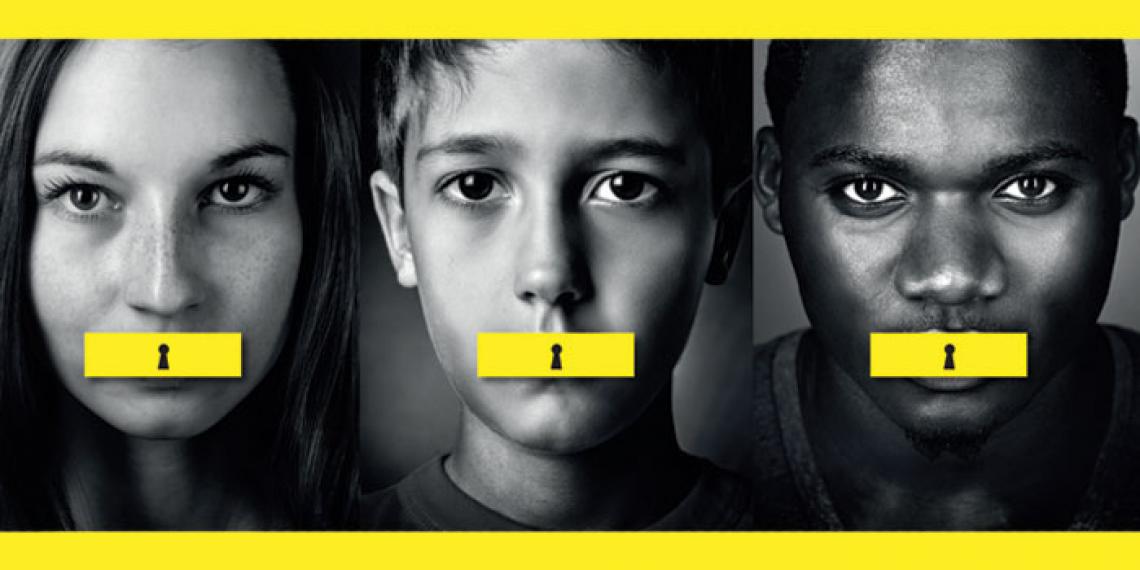You are here
We will not be silent!

Human trafficking is a modern-day form of slavery in which people are treated as commodities and lose their basic human rights to freedom, safety and dignity.
Human trafficking involves obtaining people by improper means such as force, fraud or deception, with the aim of exploiting them. Reliable reports show that millions of people around the world are subject to this dehumanising and exploitative crime.
Virtually every country in the world is affected by human trafficking. The challenge is for all countries, rich and poor, to target the criminals who exploit desperate people, and to protect and assist victims of trafficking and smuggled migrants, many of whom endure unimaginable hardships in their bid for a better life.
For a number of years, The Salvation Army has set aside the last Sunday in September as a day of global prayer for the victims of human trafficking. This year’s day of prayer falls on Sunday 27 September. The key Bible verse being used to focus people’s prayers is a response to Isaiah 42:22, which graphically pictures the terror of the Jewish people when they were living in exile in Babylon:
But this is a people plundered and looted,
all of them trapped in pits
or hidden away in prisons.
They have become plunder,
with no one to rescue them;
they have been made loot,
with no one to say, ‘Send them back.’
In response to the crime of human trafficking, The Salvation Army is calling its own people and all who value the dignity and worth of humanity, to respond with ‘We will not be silent!’ This day of prayer is a chance to open our own mouths to pray on behalf of those who trapped in slavery.
There’s an African proverb that says, ‘When you pray, move your feet!’ So, when we say, ‘We will not be silent’, it will hopefully drive us to action.
That can involve speaking up in the community and in schools to raise awareness of human trafficking. It might mean helping to establish places of refuge for victims, and lobbying governments to make changes to legislation that will both prevent trafficking and punish those who are involved.
The majority of those trafficked for sex are women and girls. The Salvation Army stands against the commodification of women in any circumstance—including pornography, prostitution and sex tourism—and works to eliminate human trafficking for this purpose and to create better alternatives for women who would otherwise be forced into prostitution.
Many organisations around the world are working effectively to combat human trafficking. The Salvation Army encourages people to network with these agencies to fight human trafficking and provide support to trafficked people.
Go to www.salvationarmy.org/ihq/antitrafficking for more info and resources on the Day of Prayer for Victims of Human Trafficking.